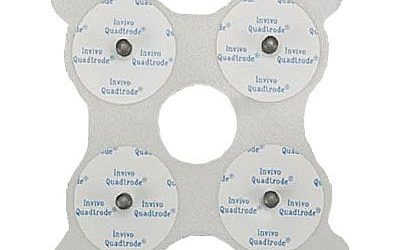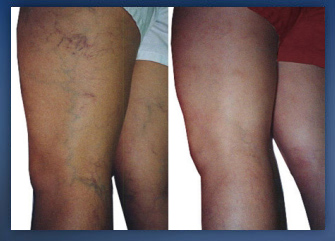Many people are living with kidney disease and may not even know it. This disease cause symptoms similar to other ailments, which makes it hard to detect without a diagnosis. If you are diagnosed with kidney (renal) failure, then you need to decide what steps to take to improve your health status. Read on to find out how to treat renal failure with peritoneal dialysis in Brick, NJ.
Remove Excess Waste and Fluids
Dialysis is a common treatment used for renal failure. This treatment cleans the blood when the kidneys can no longer do the job. It removes the body’s water, wastes, extra salt and helps with controlling your blood pressure.
Hemodialysis
The two common types of dialysis are hemodialysis and peritoneal dialysis in Brick, NJ. Hemodialysis is when the blood is pumped out of the body using an artificial kidney machine. The blood is returned to the body using tubes that connect you to the machine.
Peritoneal Dialysis
This treatment filters the blood in a different way from hemodialysis. With peritoneal dialysis, the inside lining of the stomach acts as a natural filter. It uses dialysate, a cleansing fluid that washes in and out of your stomach in cycles.
After completing the filtering process, the fluid leaves the body through a catheter. The main treatments for renal failure are dialysis, kidney transplant, and medical management. Medical management only treats the symptoms of kidney failure to help with living comfortably.
A cure is not available for kidney failure, but some people live a long life with dialysis. Your doctor can help with deciding on the best treatment plan.



